Lawmakers agree on fixed timeframe for corruption investigations by CIAA
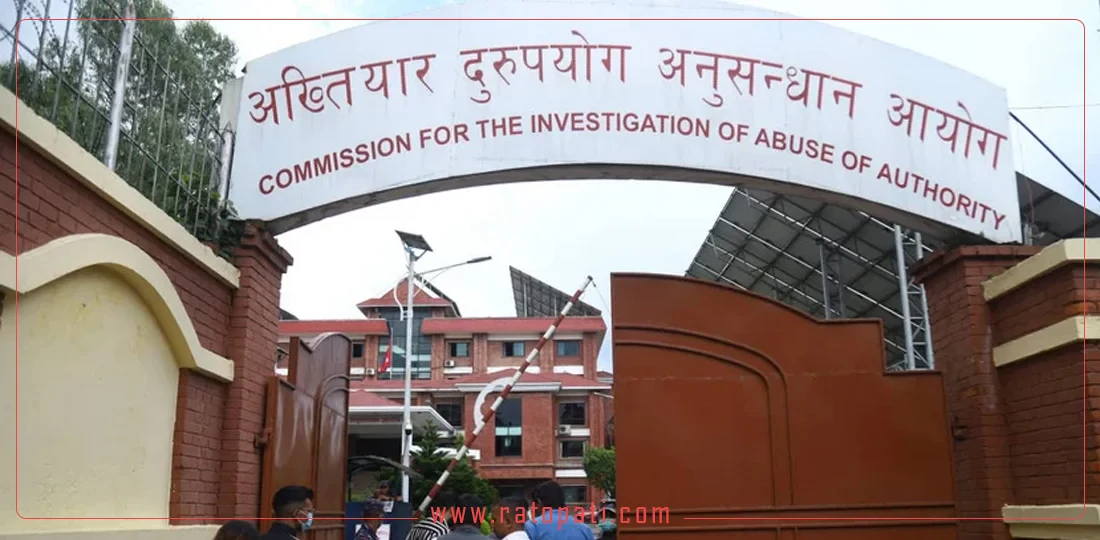
Kathmandu, November 12 — The Commission for the Investigation of Abuse of Authority (CIAA) is set to introduce a "time card" system to investigate cases of corruption involving public office holders. The move aims to set a clear timeframe for such investigations within the law.
A bill to amend the CIAA Act, 1991 is currently under consideration in the parliament. The bill is being discussed in detail by the State Affairs and Good Governance Committee of the House of Representatives.
The committee has formed a subcommittee, led by Hridayaram Thani, to conduct in-depth discussions on the bill. The subcommittee members have expressed unanimous support for introducing the "time card" system, which would ensure that corruption cases are investigated within a fixed period and that cases do not remain pending for years.
Subcommittee member Buddhiman Tamang told Ratopati, "The subcommittee is nearly in agreement that once a case is filed with the CIAA, it should be resolved within a specific time frame. However, the exact duration is still under discussion." He further explained that they are deliberating whether to set the time frame for three years in cases involving international issues, or one to two years for domestic cases.
The move to set a timeline for corruption investigations is aimed at ending the practice of dragging cases indefinitely, a situation that has often led to public frustration over the lack of timely justice. For example, the case of Gokul Baskota, the former minister accused of 700 million rupees corruption scandal in the purchase of the Security Printing Press, is still under investigation by the CIAA, even though it was raised back in 2019.
The lawmakers have agreed that a law should be enacted to ensure timely conclusions for such serious corruption cases, with the CIAA being given the authority to investigate cases within a set time frame.
Regarding the duration for investigations, there is still debate over whether to set a timeline of 1, 2, or 3 years. A decision is expected soon. The subcommittee believes this law will end the practice of indefinite investigations, ensuring that cases are resolved in a timely manner.
In Monday’s meeting of the State Affairs Committee, Rastriya Prajatantra Party (RPP) MP Roshan Karki argued that the CIAA should be given a fixed period to conclude corruption investigations, with penalties for commissioners if they fail to meet the deadline.
The subcommittee also reached an agreement not to grant extraordinary powers to the CIAA, particularly not allowing it to intervene in the private sector. It has been decided that private entities such as banks and medical colleges will be excluded from the CIAA’s jurisdiction.
Subcommittee members, including Buddhiman Tamang, emphasized that the law would prevent the CIAA from having an undue influence on private businesses, which could lead to increased bargaining, retaliation, and fear. Instead, the CIAA will focus on issues within public institutions, where it has struggled to deliver results in combating corruption.
The subcommittee is also working on a provision to allow the CIAA to investigate policy decisions that have resulted in undue benefits to individuals or organizations. These decisions would be scrutinized under the new law, aimed at preventing corruption disguised as "policy decisions."
The bill was first presented to the National Assembly on January 28, 2020 and was only passed to the House of Representatives on April 10, 2023).





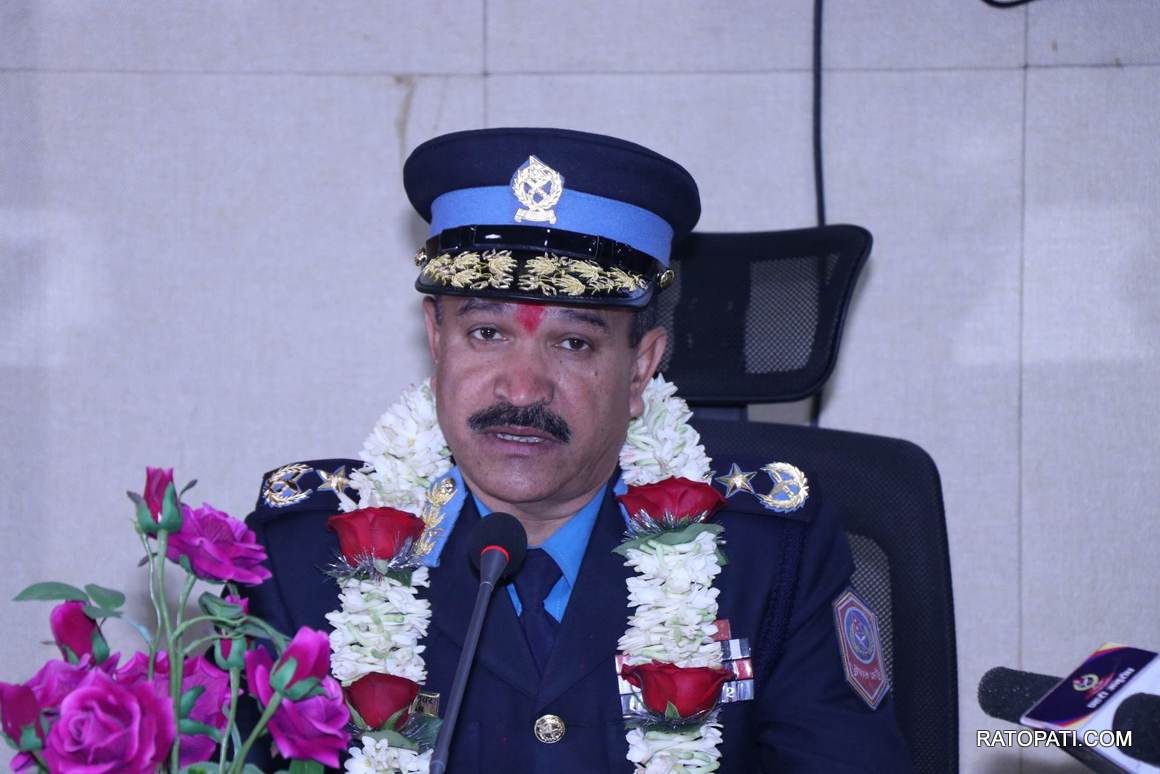
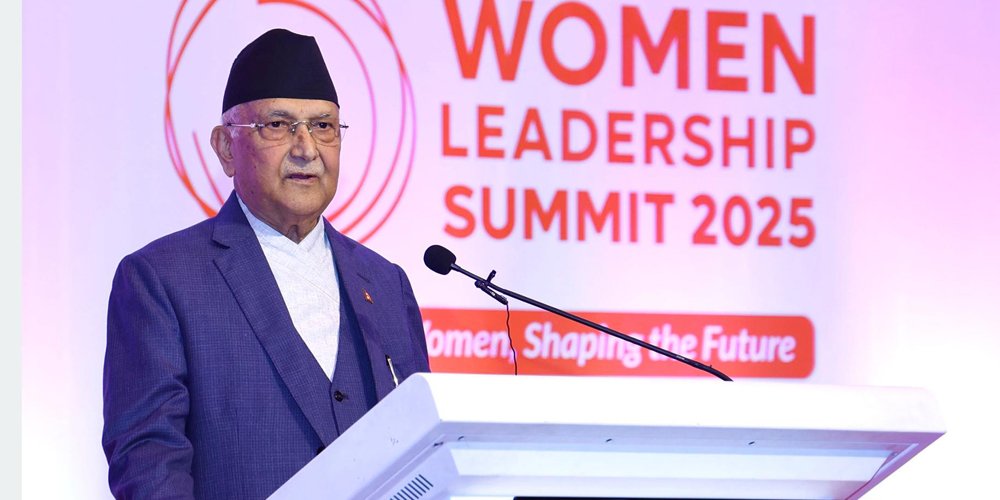
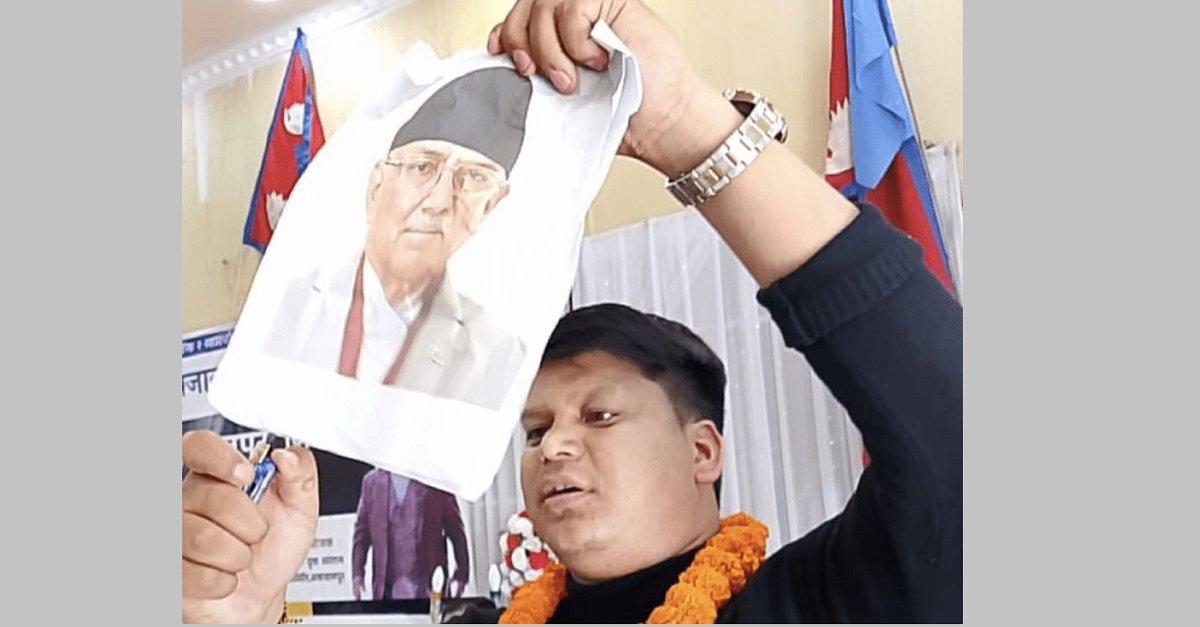
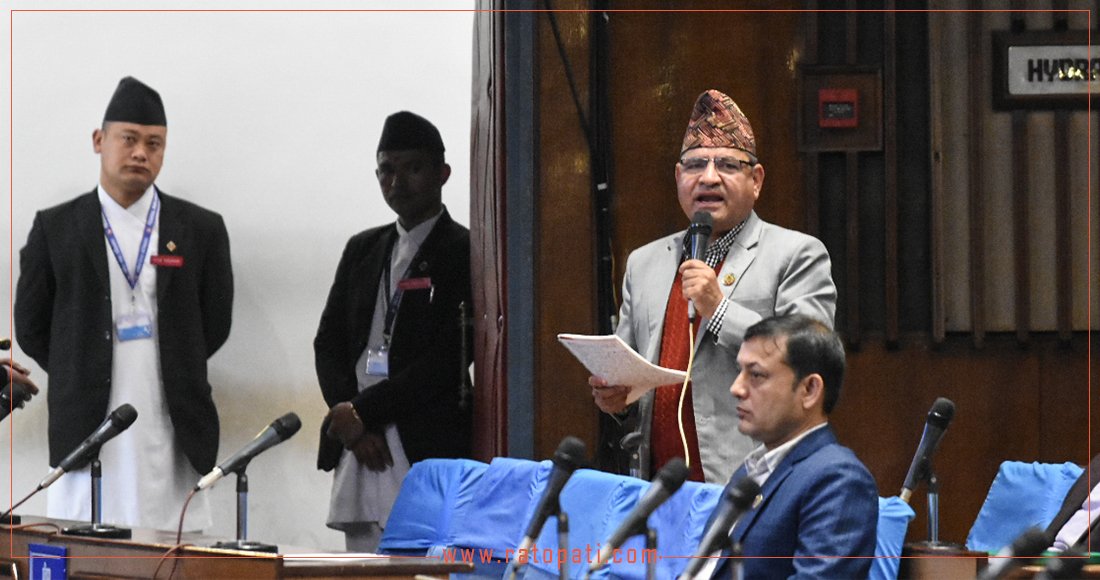
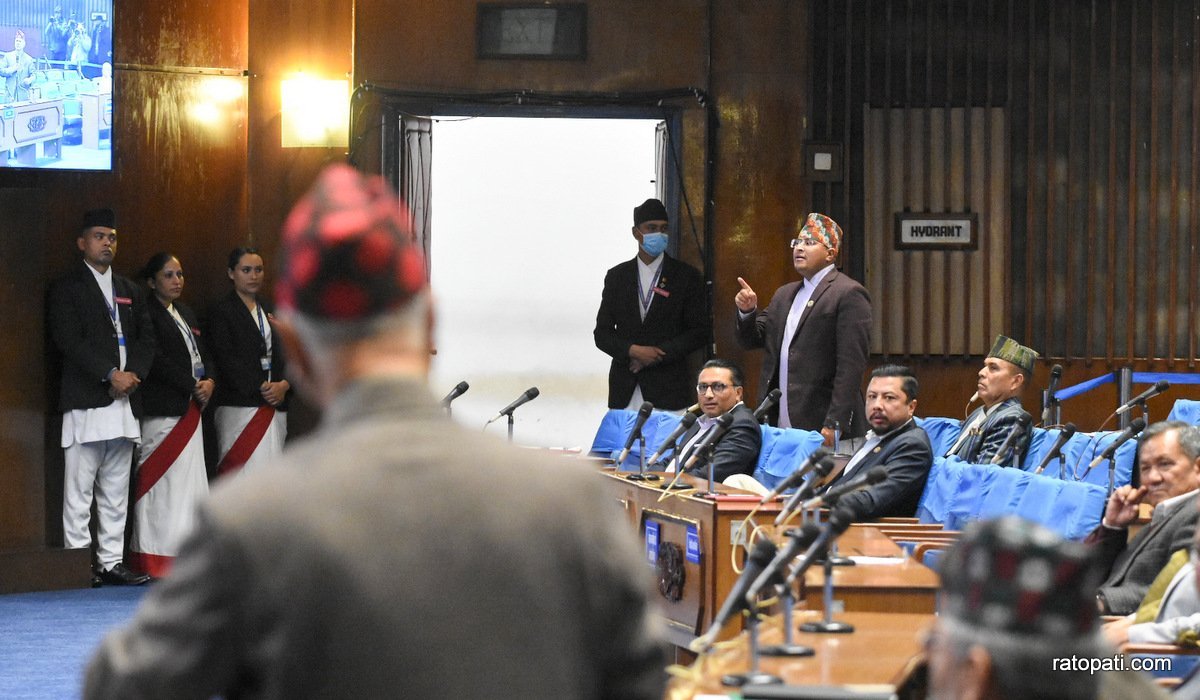
Leave Comment